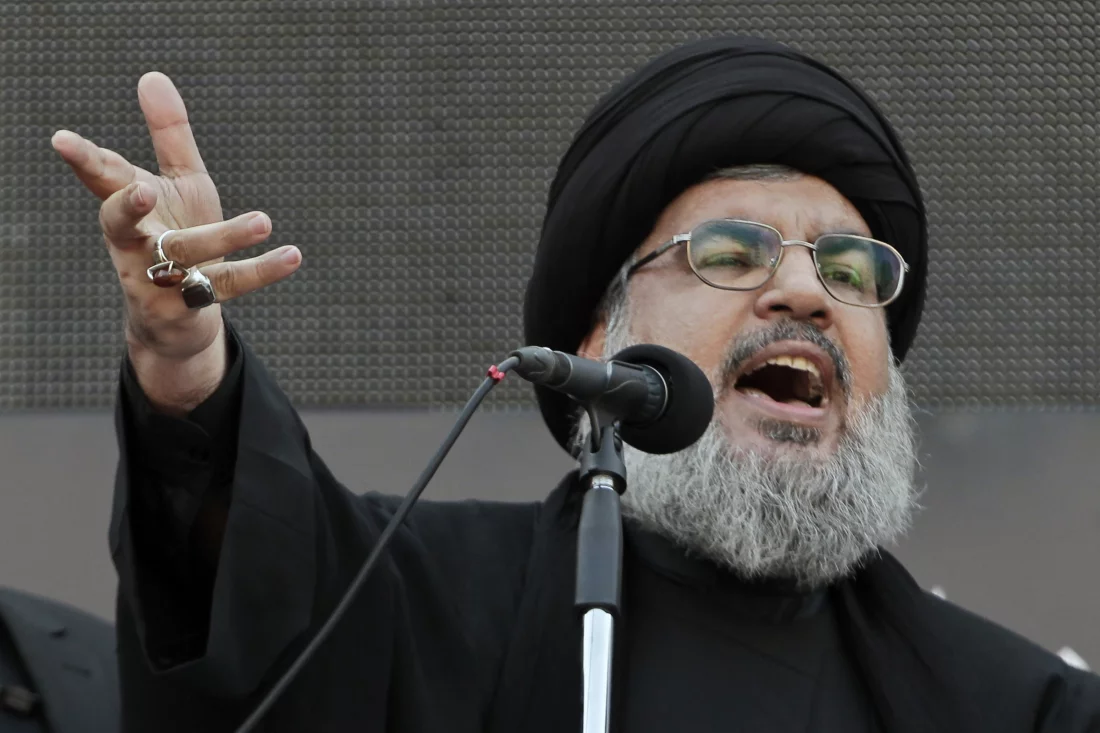Who was the leader of Hezbollah, Hassan Nasrallah, that Israel killed?
Hezbollah, a terrorist group in Lebanon, has reported that Hassan Nasrallah, its secretary general, was killed by Israeli bombings on Friday in the southern part of Beirut.
The organisation announced in a statement that Nasrallah “has joined his fellow martyrs.” Along with Nasrallah, an Iranian Revolutionary Guards commander was also slain, according to a report released on Saturday by the official Iranian news agency.
The Israeli military claimed to have killed Hezbollah’s 64-year-old commander on Friday in what it described as a “targeted strike” on the organization’s headquarters in the Dahiyeh neighbourhood of southern Beirut.
A longtime leader of the Iran-backed militia, Nasrallah was born in 1960 to an impoverished family in the north of Lebanon. He was the eldest of nine children and went on to briefly study theology in Iran in 1989.
Before co-founding Hezbollah, Nasrallah learned the ropes in the Amal movement, a Shiite political and paramilitary movement. He was chosen to be Hezbollah’s chief two days after its leader, Sayyed Abbas Musawi, was killed by the Israeli military in 1992.
Hezbollah rose to prominence as one of the Middle East’s most potent militias under Nasrallah’s direction, with a military might that surpassed the Lebanese army. Hezbollah trained Hamas soldiers with funding from Iran. Additionally, his organisation offers social assistance.
After eighteen years of occupation, Israeli soldiers were forced to leave southern Lebanon in 2000 thanks to a conflict spearheaded by Nasrallah’s militia. Hadi, his son, lost his life in combat with the Israeli army in 1997, the same year that the United States classified Hezbollah as a terrorist group.
Nasrallah was only ever seen on television and never in public for the most of the last 20 years due to concerns about assassination attempts.
In the July 2006 battle, which was launched by a Hezbollah foray into Israel with the intention of killing and kidnapping troops, Nasrallah was viewed as a hero by many in the Arab world.
However, that reputation was later damaged in the eyes of many when he also dispatched Hezbollah troops to support Syrian President Bashar al-Assad, who was attempting to violently quell a widespread rebellion that had been triggered by the 2011 Arab Spring rallies.
Furthermore, Hezbollah has been held accountable for several high-profile bombs, attempted bombings, and killings that have claimed many lives all over the world. One such incident was in 1992 at the Israeli embassy in Buenos Aires, which claimed 29 lives. Two years later, another 85 people were slain in a bombing of a Jewish community centre in the capital of Argentina, which was thought to have been carried out by Hezbollah and Iran.
But Nasrallah continued to have widespread support in Lebanon and the surrounding area. Hezbollah may have as many as 20,000 active militants, according to a 2020 assessment from the International Institute of Strategic Studies, a research organisation with headquarters in London. They saw him as a person who resisted attempts by Western and Israeli powers to destabilise the Middle East.

